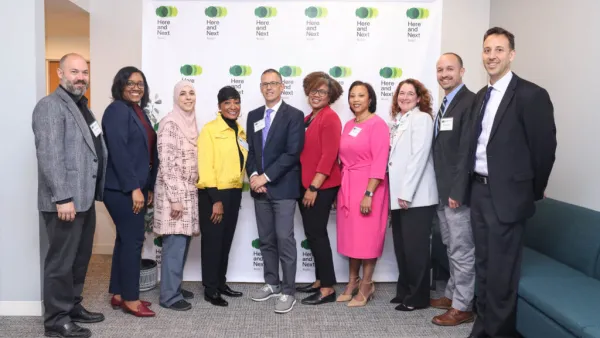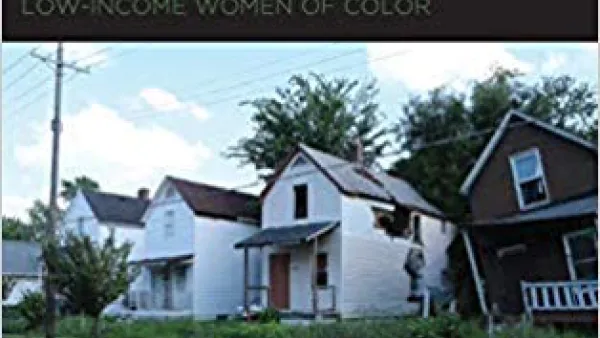Professor Camp Yeakey's primary area of research is social welfare policy as said policy pertains to marginalized children, young adults and families and the neighborhood contexts in which they live.
Carol Camp Yeakey is the Marshall S. Snow Professor of Arts & Sciences and the founding director of the interdisciplinary program in Urban Studies and its Center on Urban Research and Public Policy at Washington University in St. Louis. She also holds faculty appointments as Professor of Education; of American Culture Studies; and, of Urban Studies & Public Policy and is a Faculty Scholar in the Institute for Public Health. She received her PhD from Northwestern University in Social Policy.
Among her research awards and fellowships, she has been a Rockefeller Fellow and a Bush Fellow at the Bush Center for Child Development and Social Policy in the Department of Psychology at Yale University; a Ford Fellow of the National Academy of Education; and, a Dartmouth Fellow at the Center for the Study of Comparative Politics and Inter-group Relations in the Department of Sociology at Dartmouth College. She was elected a member of the National Academy of Education (NAEd), in 2016; awarded an American Council on Education (ACE) Fellowship for higher education leadership development in 2004; received the Distinguished Career Contribution to Research Award by the American Education Research Association (AERA) in 2012; and, was elected a Fellow in 2013.
Camp Yeakey's primary area of research is social welfare policy as said policy pertains to marginalized children, young adults and families and the neighborhood contexts in which they live. Her research examine the nexus between the mal/distribution of human groups in dense urban spaces with reference to material resources and the consequential social, political, economic and cultural patterns which evolve as a result of the sufficiency or insufficiency of those resources. Having published extensively in national and international social science research journals, she has served as Senior Research Scientist at: the Kellogg Foundation; the Children’s Defense Fund; the College Board; the Josiah Macy Foundation; and, the Educational Testing Service, among others. Similarly, she has presented her research at national and international venues as well, including but not limited to invited presentations at: Oxford University, Oxford, England; Cambridge University, Cambridge, England; the University of Cape Town (South Africa); University Complutense de Madrid, in Madrid, Spain; Universita de Bologna, Bologna, Italy; St Petersburg State University in St. Petersburg, Russia; Aristotle University in Thessaloniki, Greece; the Rockefeller Foundation Study Center, Villa Serbelloni, in Bellagio, Italy; at the Center for Strategic Urban Research at the University of Copenhagen, Copenhagen, Denmark; the University of Campinas (Brazil) and, at the University of Paris (Sorbonne) among others.
She has published more than fifteen (15) authored or co-edited book volumes including Urban IIls: Twenty First Century Complexities to Urban Living in Global Contexts, (2014). Volumes I, II, published by Lexington books in the United Kingdom, in their sociology, criminology and philosophy series. Her next co/authored volumes Poverty and Place: Cancer Prevention among Lower Income Women of Color, and ‘No Place to be Somebody: ‘Urban Youth Marginality will be published by Lexington Books and Palgrave/Macmillan, respectively. She has held media interviews on pressing urban issues with The New York Times, Washington Post, Al Jazeera, Russian (Sputnik) News, Agence France Presse, Canadian Broadcasting Company, ABC World News Australia, and St. Louis Public Radio, among others.
A member of several editorial boards, and reviewer for government and nongovernment funding agencies, she is also a consultant for the Economic and Social Research Council (ESRC) in the United Kingdom, the Netherlands Organization for Scientific Research (NOW) and the Sao Paulo (Brazil) Research Foundation (FAPESP), among others.











